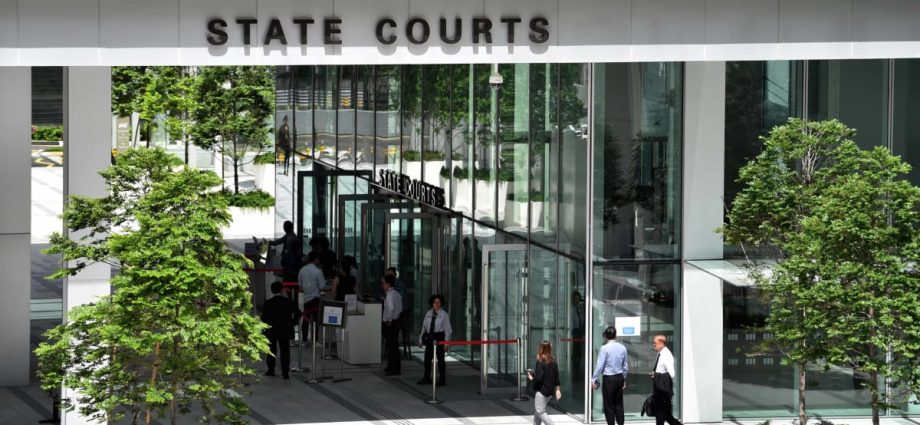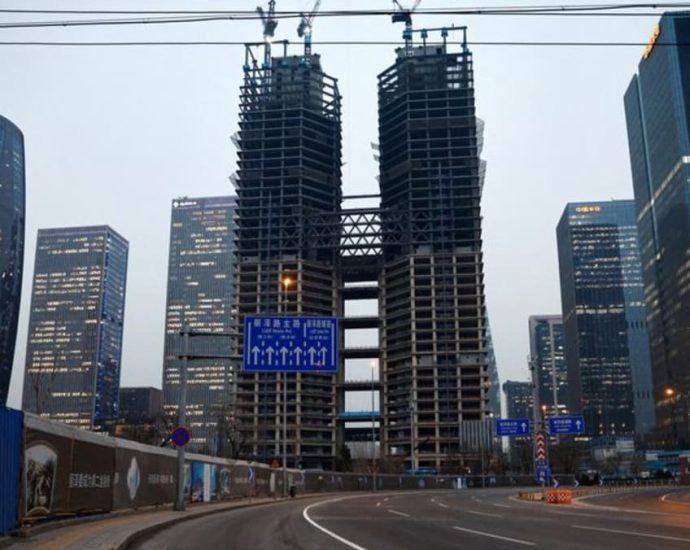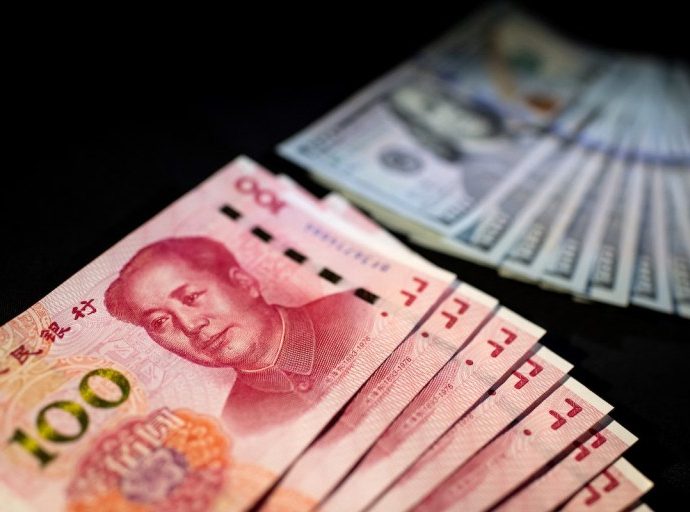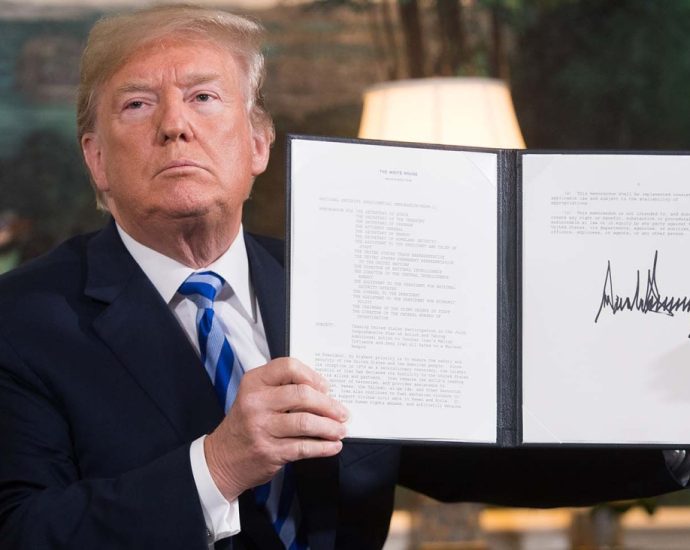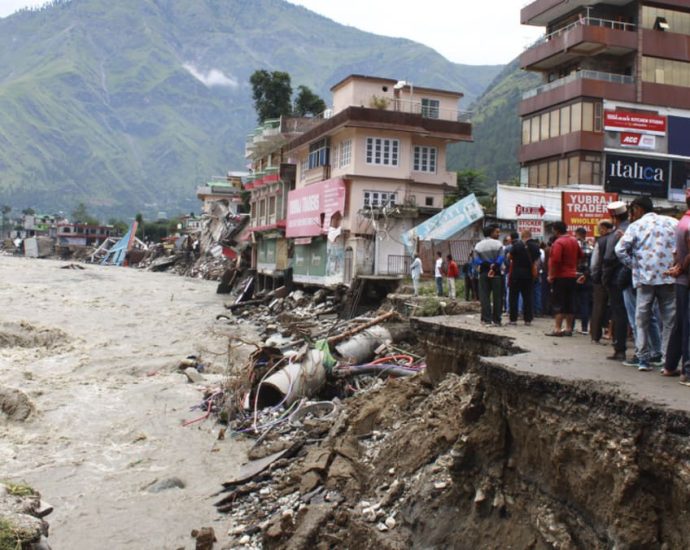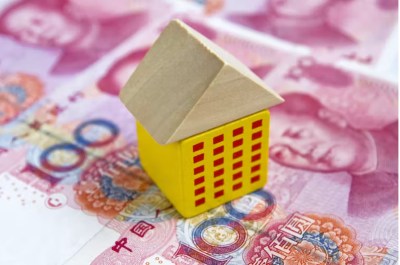Woman cheated victims of S$1.39 million in investment scams, evaded police for 10 years
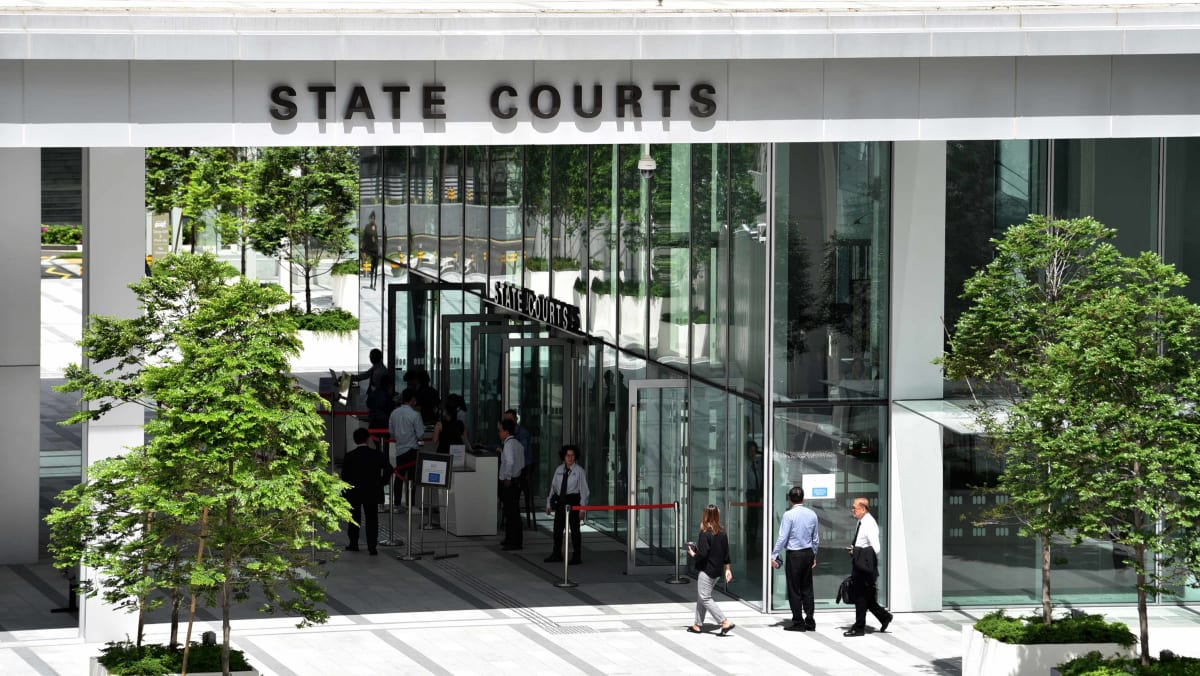
SINGAPORE: A woman cheated multiple victims of S$1.39 million (US$1.05 million) in investment scams, including her own “godson” and a property agent she was working for.
She then evaded the police for about 10 years, moving from place to place and continued to reoffend, until she went to the Institute of Mental Health (IMH), following a suicide attempt.
Low Mood Chay, 66, was sentenced to seven years’ jail on Monday (Jul 17) for her crimes.
She pleaded guilty to four counts of cheating, with another seven charges taken into consideration.
The court heard that Low, who is also known as Christy or Lowe, first targeted a 55-year-old property agent at Propnex Realty whom she was working for.
Low was the agent’s personal assistant and part-time telemarketer from April 2011, and helped the agent secure a few deals.
The property agent grew to trust Low as a friend. In July or August 2011, Low told the agent about a purported investment scheme which guaranteed yielding dividends of up to 18 per cent per annum.
Low claimed that this scheme was administered by the “AFIG Investment Company”, which was based overseas and gave benefits under its membership programme, including free cars or houses.
Low told the agent that she was a director of AFIG. In order to become members, applicants had to invest large sums of money into the supposed scheme.
The agent was interested in joining the programme for its benefits and began handing large sums of money to Low from late 2015 for this purpose.
She even allowed Low to rent a place together with her for five years, so that Low could “mentor” her closely to pass a test to qualify as AFIG’s property agent in Singapore.
Low got the agent to invest more sums by telling her that she had failed to join the programme, adding that she would lose all capital if she stopped now.
In total, the agent was cheated of S$274,500 and resorted to borrowing money from friends, family and loansharks.
Low also cheated a 34-year-old freelance tutor whom she worked for as an administrator.
The pair grew close enough to be like godmother and godson, the court heard.
Low lied to him that she was affiliated with “many rich and powerful people”, including the owners of Hong Leong Bank, a lawyer named Keith Ong and a UBS relationship manager.
She plied him into “investing” into a special scheme which she claimed to have access to due to the special relationship she had with Hong Leong Bank’s owners.
Low duped her “godson” into giving her S$1.01 million between 2020 and 2021. Of this sum, she returned him about S$291,000 that she claimed were “dividends” – meaning he suffered a net loss of about S$771,000.
Low also cheated another employee at the tuition centre her “godson” worked at, lying to her that she was a rich businesswoman with companies in the United States and New Zealand.
She also lied that she was good friends with a “former minister of Singapore” and with the owners of UBS.
This victim lost S$36,830 after being lured into the fake “investments” cooked up by Low.
EVADED POLICE FOR A DECADE
Low would use some money from one victim to pay off some promised dividends to another victim, and splashed the cash on jewellery and branded goods.
She did not make any restitution.
After the first police report for cheating was lodged against Low in 2010, she was identified for investigations and gave a statement to the police.
However, the police could not find her again when they wanted to produce her in court.
A police gazette was issued against her in March 2012.
Low evaded the police for about a decade by not staying at her registered address. She rented different places to live in, moving in with the property agent for five years, before staying with her “godson”.
However, after the agent lodged a police report of her own in 2018, the police identified and froze Low’s bank account, which she was using to receive funds.
On Dec 12, 2021, Low attempted suicide by inhaling smoke from burnt charcoal.
She was living with her “godson” and the other tuition centre employee at the time. Both victims did not know of her crimes at the time.
The tuition centre employee convinced Low to admit herself to IMH.
While she was there, the two victims discussed the matter and realised that Low had been cheating them. They lodged police reports against her, and the police finally arrested Low while she was in IMH.
Low was remanded and listened to the hearing from her place of remand.
Deputy Public Prosecutor Tay Jia En sought a sentence between six-and-a-half years and seven years and eight months for Low.
He said the courts have recognised the increasing number of investment scam cases, a persistent and worrying trend that must attract “suitably stiff” sentences.
He also pointed to the large amount of money involved, the multiple victims targeted and the lengthy period of criminal conduct.

